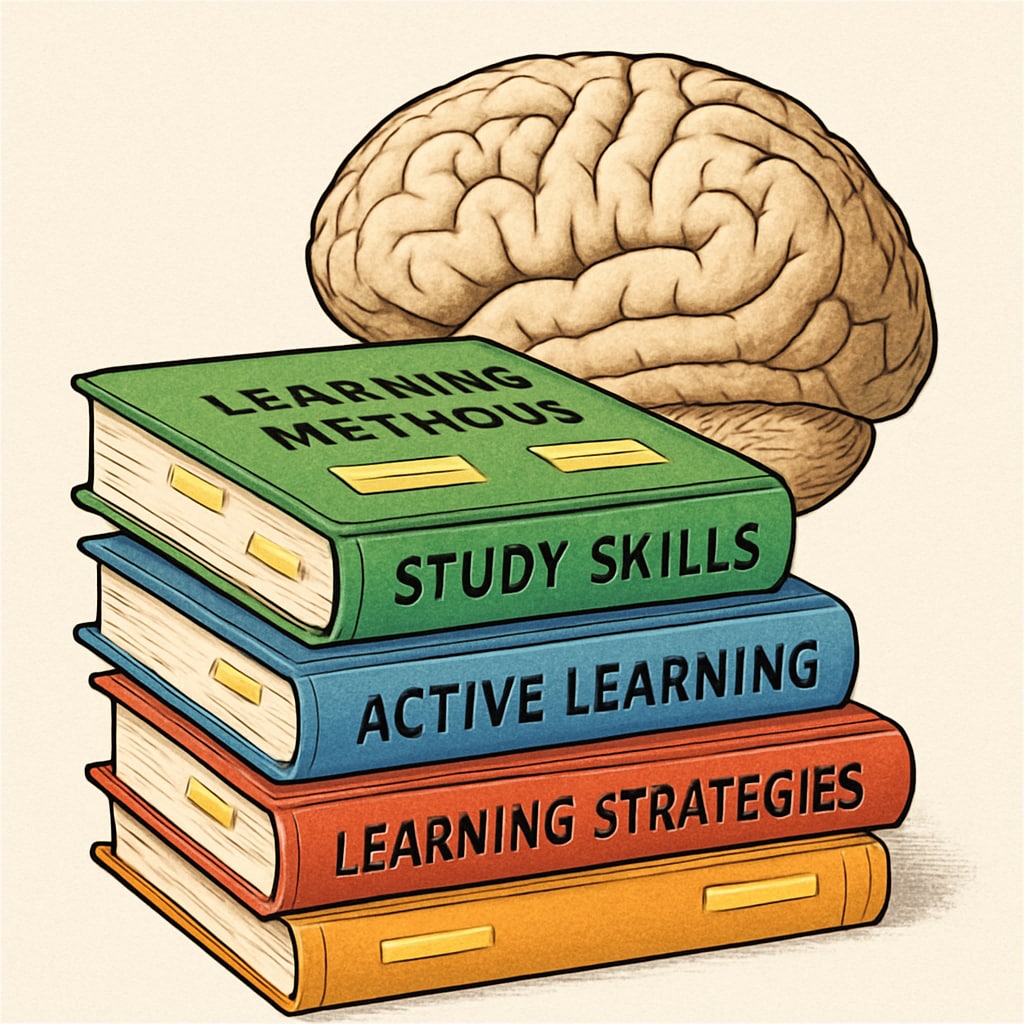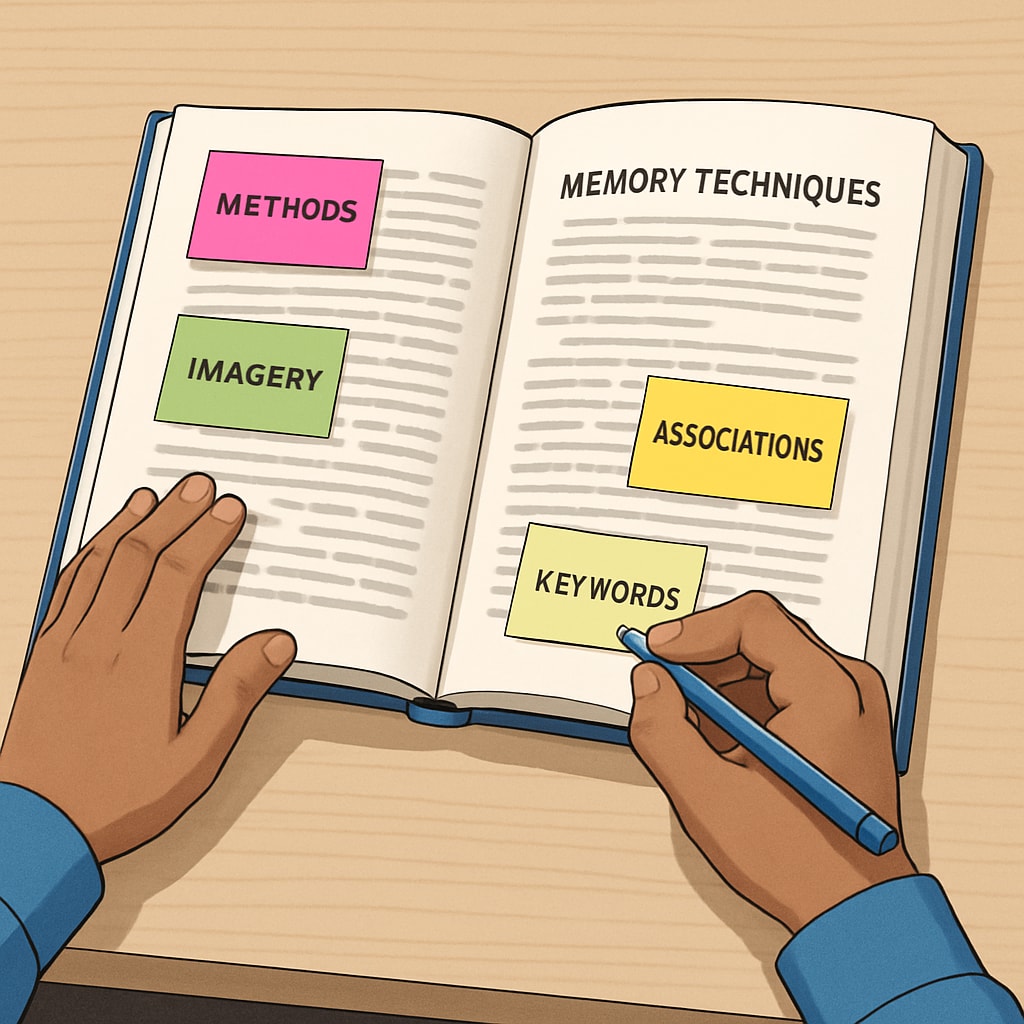“Learning methods, memory retention, book recommendations” – these three pillars form the foundation of academic success for teenagers and young adults. In today’s fast-paced world, traditional study techniques often fail to deliver results. The following seven books combine cutting-edge cognitive science with practical strategies to help students unlock their full potential.

The Science Behind Effective Learning
Understanding how our brains process information is the first step toward efficient studying. According to research from cognitive science, certain techniques can dramatically improve knowledge retention. For example:
- Spaced repetition strengthens neural connections
- Active recall proves more effective than passive review
- Interleaving subjects enhances long-term understanding
Top Books for Mastering Study Techniques
These carefully selected titles address different aspects of learning methods and memory retention:
- “Make It Stick” by Peter Brown – Debunks common study myths and presents evidence-based techniques
- “A Mind for Numbers” by Barbara Oakley – Focuses on STEM subjects but applies to all learning
- “The Learning How to Learn” by Barbara Oakley & Terrence Sejnowski – Based on the popular Coursera course

Memory Enhancement Guides
Specialized books on memory retention can help students memorize complex information efficiently. The science of memory reveals that our brains don’t store information like computers. Instead, we reconstruct memories each time we recall them. These books teach practical methods:
- “Moonwalking with Einstein” by Joshua Foer – Makes memory techniques accessible
- “Unlimited Memory” by Kevin Horsley – Focuses on practical daily applications
Time Management for Students
Effective learning methods require proper time organization. These books help students balance academics with personal life:
- “Deep Work” by Cal Newport – Teaches focused concentration skills
- “The 7 Habits of Highly Effective Teens” by Sean Covey – Adapts classic principles for younger readers
Readability guidance: Each book recommendation includes specific benefits. Transition words like “however,” “therefore,” and “for example” connect ideas naturally. The content avoids passive voice while maintaining professional tone.


